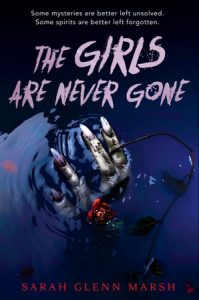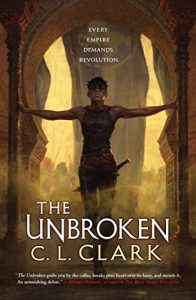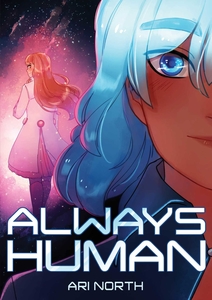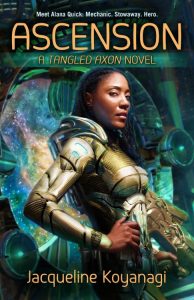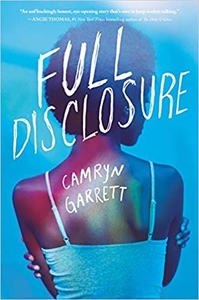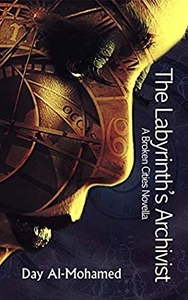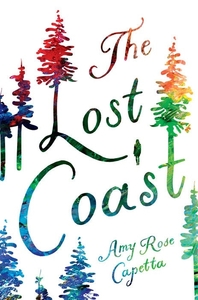Amazon Affiliate Link | Bookshop.org Affiliate Link
As we’re moving through autumn, Mooncakes is a warm cup of your favourite beverage in book form. If you are looking for a sweet, cozy and ultimately wholesome graphic novel to light up the darker season, you should turn to this adorable, modern-supernatural and intersectionally queer love story about family, belonging and taming one’s (very literal) demons.
I’ve been in love with Mooncakes since its webcomic days on tumblr, since before it was published by Oni Press in 2019 in a revised version. Suzanne Walker, co-creator and writer of the story, has been a dear friend of mine since our shared fandom days. What’s stayed constant since then is her ability to completely ace the emotional beats of any story she chooses to tell, so naturally the same is true for Mooncakes. To match Suzanne Walker’s writing, Wendy Xu, illustrator and the other co-creator of Mooncakes, has brought the story to endearing, vibrant life and colour.
The story begins with a reunion: Chinese-American teenage witch Nova Huang, who works at her grandmothers’ café-and-magical-bookshop, encounters her childhood crush Tam Lang in the forest while investigating reports of strange goings-on one autumn night. Not only is Tam a werewolf, they are also fighting a demon designated to possess them by a creepy cult hoping to harness their little-explored but extremely powerful wolf magic. The story that unfolds features help from Nova’s grandmas Qiuli and Nechama (a married couple of Chinese-American and Jewish kickass old lady witches! Yes!), a bunch of black cats, enchanting forest spirits and emotional-support scientist Tatyana.
The sweet, uncomplicated romance between Nova and Tam, whose feelings rekindle as they collaborate to solve Tam’s demon problems, is a delight to watch. After a decade of missing each other, their budding relationship comes as a delightfully warm and sincere emotional backdrop that both heightens the stakes and adds depth to the story. Considering that the comic is rather short at 243 pages (and some bonus content), there is not much room for a complicated plot to top everything off, nor does there need to be. It’s all about the emotional and personal coming-of-age journeys of Nova and Tam, their shared affinity for magic, and how they come into their own during the events of the story. What endears the characters further to the reader is the fact that the intersectional representation that adds so much joy to the story is also intensely personal to the authors.
In an article at Women Write About Comics, Walker describes Nova as an amalgamation between the two co-creators, explains how the story was always going to be queer, that Nova is bisexual and that Tam is nonbinary and uses they/them pronouns (and it’s accepted by everyone in the story, including the creepy cultists). Nova’s hearing loss as a recurring motif of the story is treated with respect and finesse regarding characterization and worldbuilding, just as the comic as a whole expands on existing witch and werewolf lore in interesting ways. Magic, in Mooncakes, has no panacea to offer against disabilities, but they are accommodated rather than bypassed. Workarounds like nonverbal magic and an especially adapted wand let Nova practice witchcraft regardless of her hearing aids, a melding of tradition and innovation that reoccurs throughout the story and finds its echoes in other intersectional moments that always work toward the themes of family and belonging, growing roots and letting go.
(Spoilers, highlight to read) Mooncakes concludes with an open but satisfying ending that should delight fanfiction writers everywhere with the potential it offers: Both Nova and Tam take steps into a self-determined adulthood, and we are assured that they will go there together. (end of spoilers)


